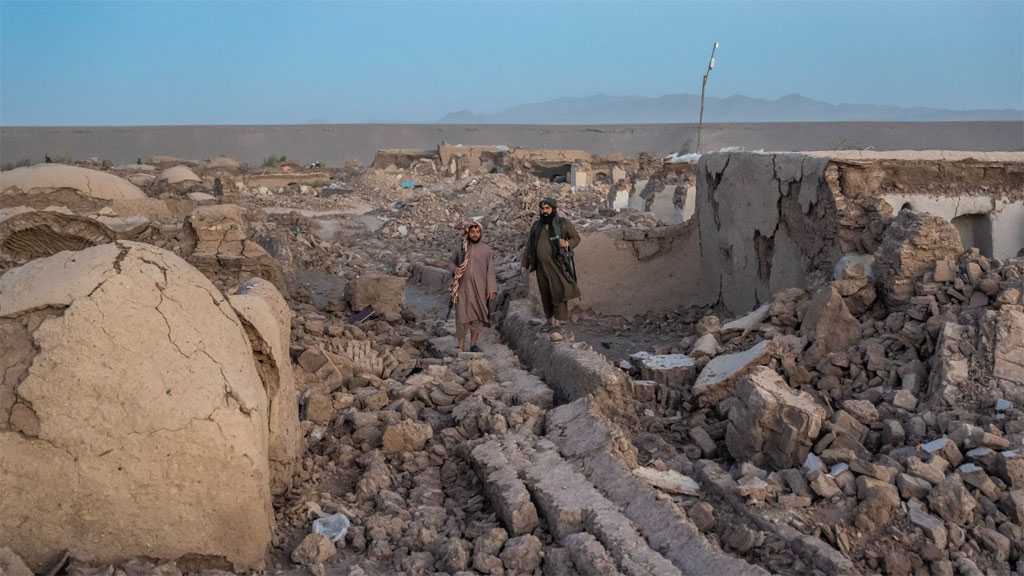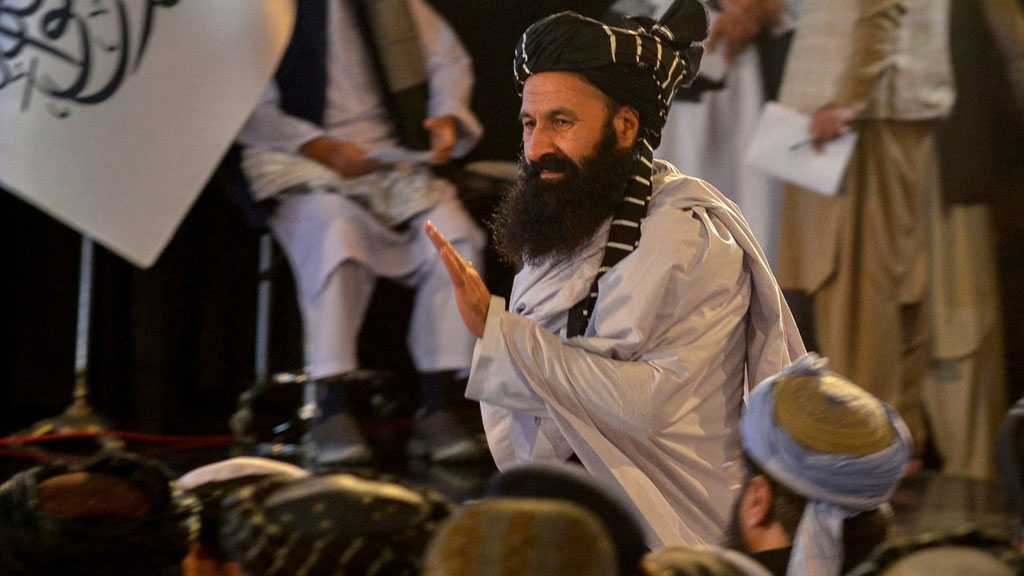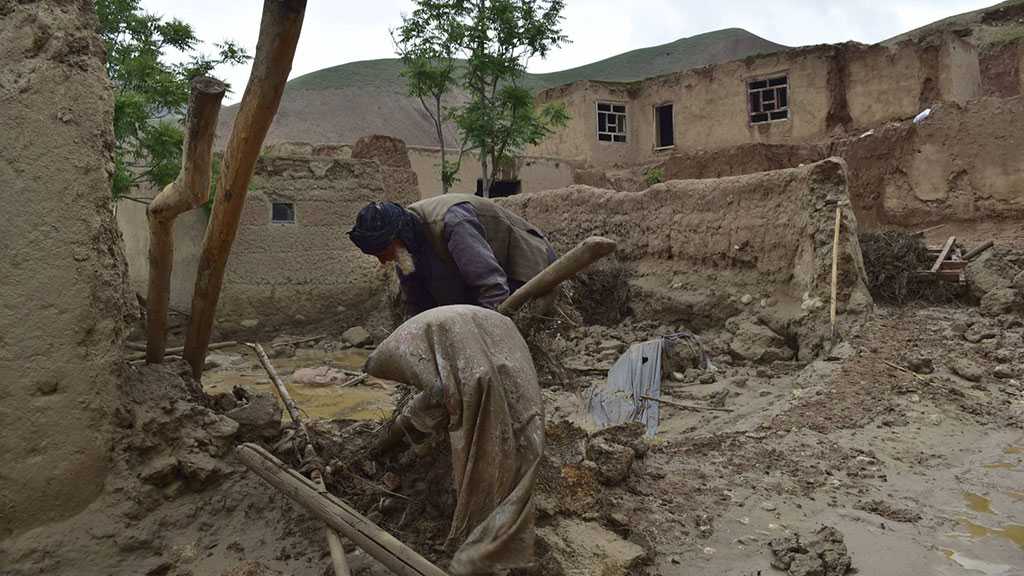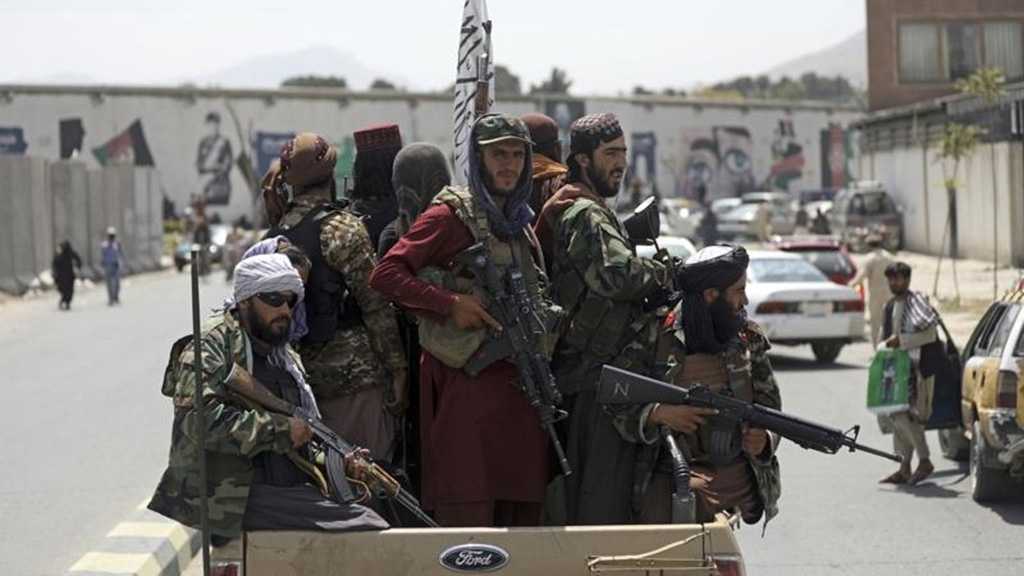
Another Powerful Quake Hits Western Afghanistan Days After First One Claimed 2,000 Lives

By Staff, Agencies
Another strong 6.3 magnitude earthquake has hit an area in western Afghanistan where a series of similar tremors there left 2,000 people dead on the weekend.
According to the US Geological Survey [USGS], the quake occurred at a shallow depth at around 05:10 am local time [00:40 GMT] on Wednesday, with its epicenter about 29 kilometers north of the city of Herat. There were no immediate formal reports of casualties.
The latest quake comes as rescue teams are still searching for those trapped under the debris following the three deadly earthquakes that rattled Herat and its surroundings on Saturday.
Local and national officials have given conflicting counts of the number of dead and injured from the previous earthquakes.
Taliban authorities in Afghanistan said Monday that at least 2,400 people were killed and many more injured in the quakes, but the Ministry of Disaster Management has put the death toll at 2,053.
"We can't give exact numbers for dead and wounded as it is in flux," Afghanistan Disaster Management Authority’s spokesperson Mullah Janan Saiq said.
According to a statement by the UN Humanitarian Office all the homes in the Zindajan district in Herat were destroyed following the earlier quakes.
International aid groups in Afghanistan are scrambling to send help to survivors of the earthquakes.
Images shared by aid and rescue teams on the ground showed massive heaps of debris and rubble after buildings collapsed, while people could be seen digging in the rubble to try to find survivors.
“The situation is worse than we imagined with people in devastated villages still desperately trying to rescue survivors from under the rubble with their bare hands,” Thamindri de Silva, national director at World Vision Afghanistan said.
Reinforcement teams from the capital Kabul had also arrived to help but there is only one hospital and it is “at full stretch with serious cases being transferred to other private facilities.”
Mark Calder, World Vision Afghanistan’s advocacy lead, also said funding from the international community “has been inadequate.”
“Organizations like ours are able to provide relief and help recovery but without commitment from international governments and donors, more will fall into humanitarian need, displacement will increase and lives will be lost,” he said, stressing “The world must not look away from Afghanistan now.”
Afghanistan is frequently hit by earthquakes, especially in the Hindu Kush Mountain range, which lies near the junction of the Eurasian and Indian tectonic plates.
The country is already in the grip of a grinding humanitarian crisis due to the widespread withdrawal of foreign aid since the Taliban returned to power in August 2021.
The quake-hit Herat province, which is home to 1.9 million people, has also been hit by drought, affecting produce in an area renowned for top-quality abundant harvest.
As winter draws in the mountainous region with cold seasons, providing food, clothing, and shelter for the disaster-hit Afghans will be a major challenge for the cash-strapped government.
Comments
- Related News



